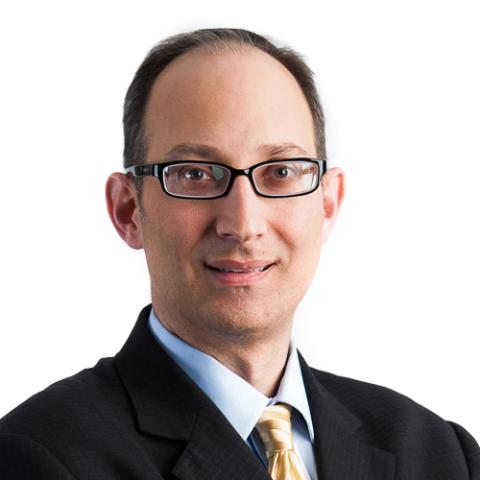By my count, President Obama’s health-care speech today was at least his 40th speech focusing on health care; as part of his effort to push his health-care plan, he has had seven major “stop the presses” events on the subject: his White House health-care forum last March; his ABC infomercial with Charlie Gibson and Diane Sawyer in June; the joint session of Congress speech in September; his State of the Union address in January; last Monday’s release of his new eleven-page proposal; the health-care summit last Thursday; and now his 1:45 pm speech today.
Unsurprisingly, given how many times we have heard him on this subject, the speech today did not provide any new revelations. He asserted that all agree on the problem, but then tried to triangulate the fix by saying that he did not support a government-run system, nor did he support giving “the insurance industry even freer rein to raise premiums and deny care.” (Note: In case you were wondering who supported giving the insurance companies “freer rein,” he probably meant you, dear reader, since only about 40 percent of Americans back the president’s approach.)
He used an old Henry Kissinger trick to show the reasonableness of his approach. Kissinger is reputed to have framed decisions to his bosses in the following way: “The choices before us are thermonuclear war or utter capitulation. And then there is the staff-preferred option.” Given those choices, of course, any president would prefer the staff-preferred option.
But the Obama approach, the “staff-preferred option,” as it were, does not need to be the only way forward. He derided “the Republican proposal” — the House Republican bill — for only covering 3 million additional people. But that bill is not the only Republican approach, nor is it the only alternative to what he has to offer.
As he has done in the past, he tried a series of arguments to sell his approach, claiming that his proposed subsidies for health insurance would constitute “the largest middle-class tax cut for health in history.” He tried to minimize the trillion-dollar cost by saying that it is only $100 billion a year. And he bragged that he would be taking away subsidies from PhRMA companies and insurance companies.
To the extent that there was anything new in the speech, it was in his claim that he would be incorporating “some of the ideas that Republicans offered during the health-care summit, like funding state grants on medical malpractice reform and curbing waste, fraud, and abuse in the health-care system.” In addition, he claimed to be getting rid of the special deals that bought off specific legislators.
On these two, time will tell. He did not issue a new proposal, meaning that they will likely proceed along the lines of last Monday’s eleven-page outline, but he did send a letter to congressional leaders yesterday saying that he was open to incorporating provisions on waste, malpractice reform, health savings accounts, and expanded Medicaid payments for doctors. As for the special deals, it remains to be seen how the people who cut the deals will react to losing their prized provisions. In addition, Speaker Pelosi will have to engage in some serious horse trading to secure the votes she needs to pass the Senate bill and then the reconciliation package modifying the Senate bill, so we may see some new deals in the weeks ahead.
The key part of the speech was his closing, in which, as Daniel Foster noted, he called for proceeding with reconciliation without actually using the word. In this, he appeared to have a bit of a political tin ear, especially given his health-care overhaul’s unpopularity with the American people. The whole attitude he displayed was of a belief that the American people want him to proceed along this path, despite the polls, and despite Democratic losses in Virginia, New Jersey, and, especially, Massachusetts.
The president received his biggest applause from the handpicked audience before him when he said that he still believes that “the United States Congress owes the American people a final vote on health-care reform.” He added that “They are waiting for us to act. They are waiting for us to lead.” Perhaps so, but not in the way he is suggesting. And if he is relying on validation from the fan group assembled today by the White House Office of Public Engagement, then he appears to have lost touch with the American people, in a significant and possibly even dangerous way.
















